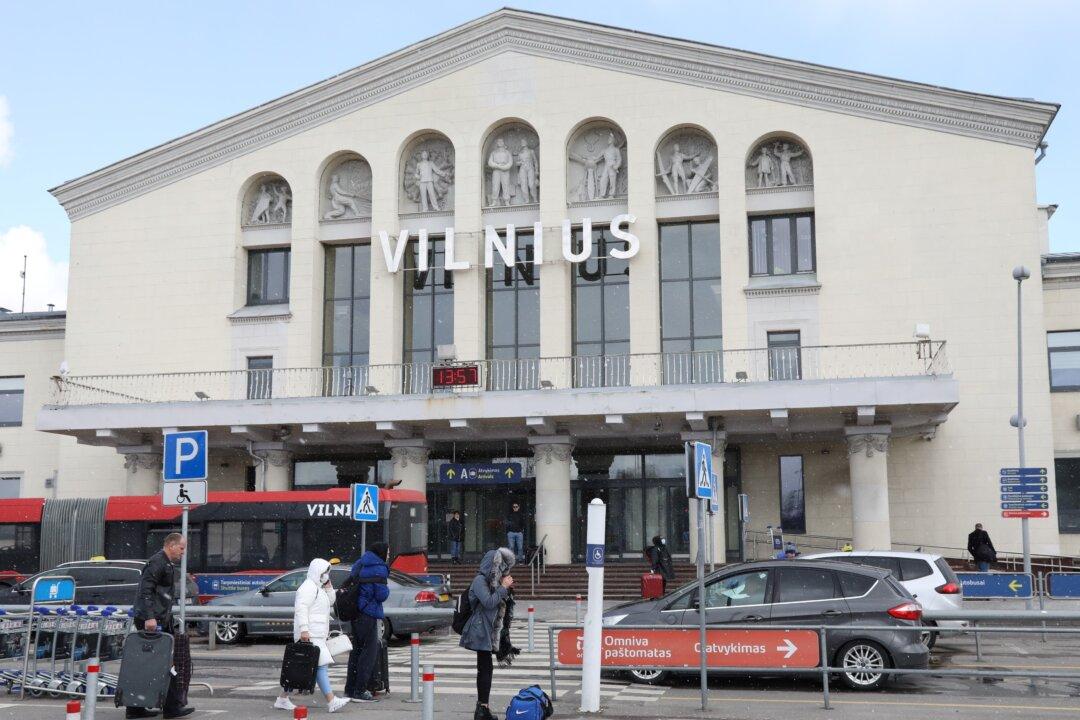VILNIUS, Lithuania—A Chinese state-owned maker of security-screening equipment should be blocked from supplying equipment for Lithuania’s three international airports over national security concerns, the Lithuanian government said Friday.
Beijing-based Nuctech last year won a bid to install baggage scanners at airports in Vilnius, Kaunas, and Palanga, government spokeswoman Rasa Jakilaitiene said. No deal has been signed.





